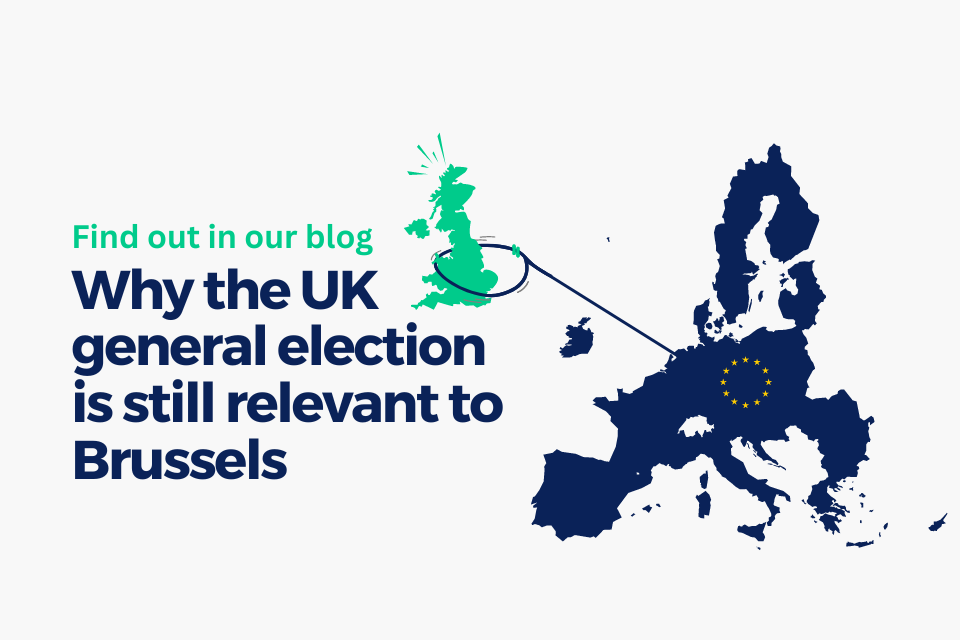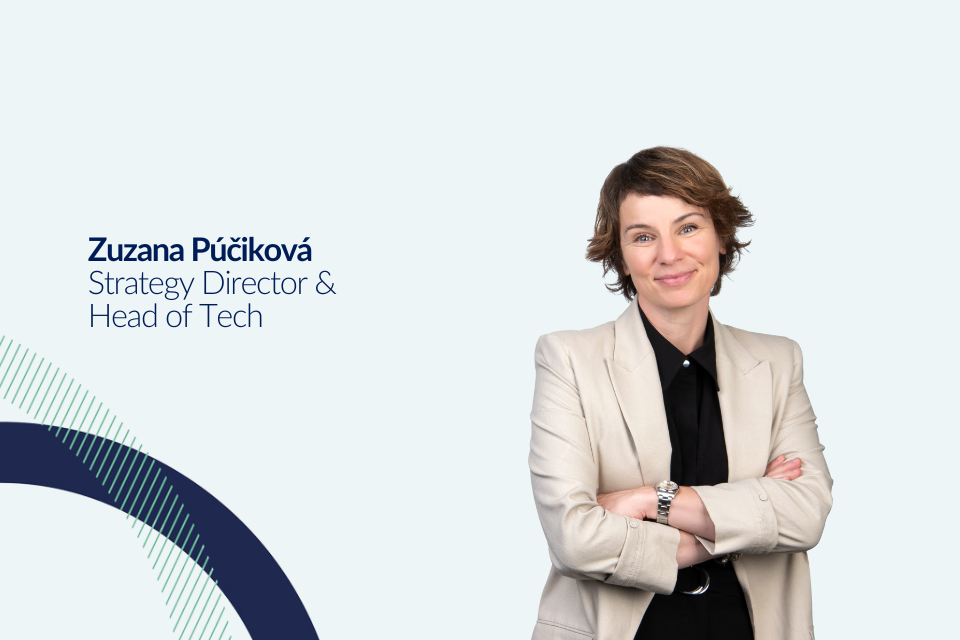Germany and the European elections: mergers, migration, and (no more) mutti…
Next up we look at Germany, and the impact of the European elections on domestic politics.
#EUWhatsNext
Germany – A new activist industrial policy:
Earlier this month, the European Commission slammed the brakes on Europe’s economic engine, when it blocked the Franco-German merger of the rail businesses of Alstom and Siemens. Both Germany and France claim creating European champions is the only way to fend off global irrelevance in the face of the rising Chinese industrial powerhouse – and high-speed competition from elsewhere too. Competition Commissioner Margrethe Vestager deemed it would just lead to an anti-competitive juggernaut capable of steamrolling any rivals. For better or for worse, the idea was derailed before it even left the station. France and Germany have since regrouped, coming up with a more palatable proposal for a European industrial strategy based around innovative technologies.
As German economic growth goes into reverse, and with domestic business confidence at its lowest in five years, it’s no real surprise that Berlin wants to deliver a shot-in-the-arm to its key manufacturing industry. And, in this economic climate, it’s easy to see why Germany wants to be at the centre of a drive to keep ahead of emerging powers. But will this be the issue at the forefront of European Parliament election campaigning in Germany? Unlikely.
Migration
Annegret Kramp-Karrenbauer (AKK), who has replaced Chancellor Angela Merkel as leader of the centre-right CDU, said of her predecessor’s liberal immigration policy that “we must make clear that we have learnt our lesson”. Cue a shift away from Germany’s 2015 open immigration policy at the height of the Syrian refugee crisis. This recalibration is as much a move by AKK to stamp her mark on the party as it is a nod to the prominent role discussions on free movement will play in the run-up to the May 26 EP elections.
The CDU (along with its Bavarian sister party, the CSU) remain ahead in the polls, at least when it comes to the European Parliament elections. As many centrist parties in other European countries grapple with fringe movements biting at their heels with anti-immigrant rhetoric, the CDU and CSU are expected to win 28 of Germany’s 96 European Parliament seats on 30% of the votes, followed by the Greens on 17%, giving them 17 or 18 MEPs.
But the CDU aren’t being complacent. Although 28 seats would put them comfortably in first place, that is still down six from their 2014-2019 share. Meanwhile, Alternative for Deutschland (AfD) – a Eurosceptic party taking a hard line on immigration – is expected to double its representation in Brussels up from seven seats to 13 five years ago.
This could explain the change in the CDU’s position on immigration: hoping a firmer line will pick off votes from its right flank, while not isolating its base. In any case, expect to see immigration being kicked around like a political football in the coming weeks. Quite illustrative of this tense political debate is that the “non-word” of 2018 was “Anti-Abschiebe-Industrie”, or “anti-deportation industry”, a right-wing smear against people who legally assist asylum-seekers – first coined, ironically, by CSU grandee Alexander Dobrindt.
Class of 2024
Winners are almost certainly the Greens, AfD and the Liberals of the FDP. Politico’s polls have the Greens on the rise, likely fuelled by the Dieselgate scandal. They could see their share of the vote increase from 11% to 17%. Besides the AfD, whose pace has recently slowed, the FDP is expected to show gains: up six seats to nine on just under 10% of the poll after losing nine of their 12 seats in 2014. This would be a boost for the Liberals in ALDE, widely expected to fare well this year.
The Socialist Democratic Party (SPD) will continue their decline. They are expected to see their voting share nose dive from 27% to 17%, losing as many as 11 seats in a fresh blow to the grand coalition with the EPP (CDU) in the EP (as well as at home).
It was announced early this year that Elmar Brok, the CDU’s foreign policy heavyweight, will not return in 2019 – brining an end to his forty year tenure in Brussels. Big names slated to return include Ska Keller and Sven Giegold – who will head up the list of Green candidates. Finally, Katarina Barley, the current Federal Minister for Justice and Consumer Protection, will head the list for the SPD.
What about the next Berlaymont tenant?
.jpg)
No, not Martin Selmayr. The candidate put forward by the Chancellery is almost certainly going to be CDU MEP Manfred Weber who was selected by the EPP late last year. Barring a major upset in the European Parliament elections, Weber is likely to be the EPP Spitzenkandidat: the lead candidate of the political group winning the most seats in the Parliament elections, put forward by the Parliament to the European Council to replace Jean-Claude Juncker as President of the Commission this autumn.
However, it isn’t plain sailing for Weber who may even face a late challenge from chief Brexit negotiator, Michel Barnier. The Spitzenkandidat process was used for the first time in 2014, when national leaders (reluctantly) accepted Juncker. Emboldened by his mandate, he has proved a thorn in the Council’s side on many issues. It remains to be seen what conclusions the Council has drawn from the whole Spitzenkandidat experiment – and whether it indeed survives.
Then there’s the question around the Hungarian political party Fidesz. It sits in the EPP group along, but its anti-immigration rhetoric (among other things) has left a sour taste in the mouth of many of the more moderate centre-right politicians – with the Swedish delegation making a move to exclude Fidesz from the group. Weber has been conspicuously cautious about any moves to expel Fidesz while calling for an anti-Semitism pact and condemning Orban’s poster attack on Juncker. This could pose problems down the line.
Finally, as many smaller Member States cry out that Germany already has too many of the top jobs (the Secretary-General of the European Parliament, Klaus Welle, is also German) is it really feasible to imagine two centre-right German men – Weber and Selmayr – running the European show?

.jpg)


